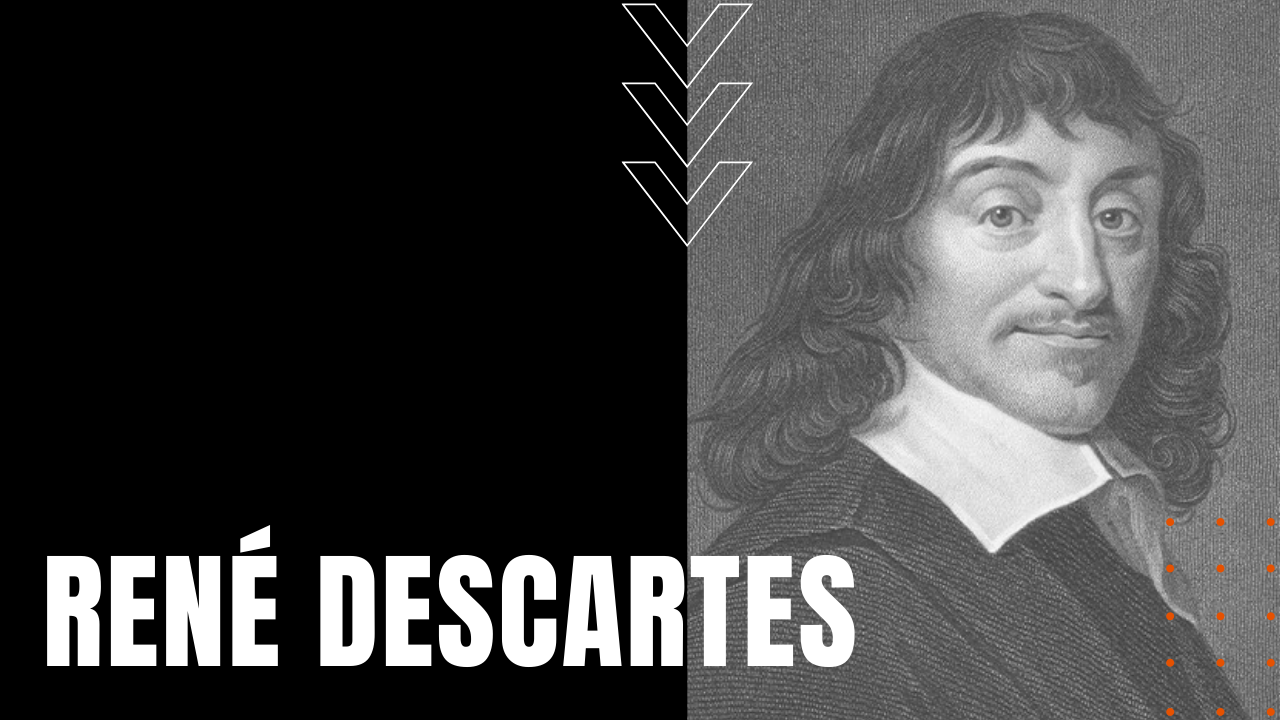René Descartes

Born in 1596 central France, René Descartes’ mother died in childbirth when Descartes was a little more than a year old, living with relatives after his father remarried. Attending Jesuit college at eight years of age, Descartes earned his law degree when he was 22, although his true passions and future fame as what many have called the father of modern philosophy, came from his attempts to apply mathematics and logic to man’s greater understanding of the nature of existence and human knowledge, leading to his famous observation as written in his 1637 publication of Discourse on the Method,
An Original Thinker
“I think, therefore I am.” Lauded as a original thinker in science, mathematics and metaphysics during the European Renaissance, Descartes accredited a series of visions as a sign from God to engage in a new philosophy aimed at melding the truths of religion with science, where he argued that true knowledge comes from doubting everything that can be doubted, including one’s own existence, at the same time deducing that the world and humankind were composed of both matter and the mind, arguing that matter is extended and divisible, while the mind is indivisible and non-extended—a view now known as mind-body dualism.
Exploring Doubts Through Math
Employing mathematics as a means of thoroughly examining his doubts, Descartes developed analytic geometry by merging together the previously separate fields of algebra and geometry, while contributing greatly to the study of optics in his landmark examination of the law of refraction. Considered one of the most influential thinkers in Western philosophy and science, Descartes’ emphasis on the pursuit of truth through reason and methodical doubt laid an early foundation for the scientific method, while his concept of mind-body dualism heavily influenced future developments in neuroscience and human psychology.
Incompatible with Modern Science
Despite his stature as a seminal philosopher, Descartes has also drawn criticism that his mind-body dualism principle is incompatible with modern scientific methods, while his emphasis on doubt has been labeled so overly skeptical as to lead to solipsism, which is the belief that one’s own mind is the only thing that can be known with any certainty, making René Descartes, a groundbreaking progenitor to the Scientific Revolution to come.
